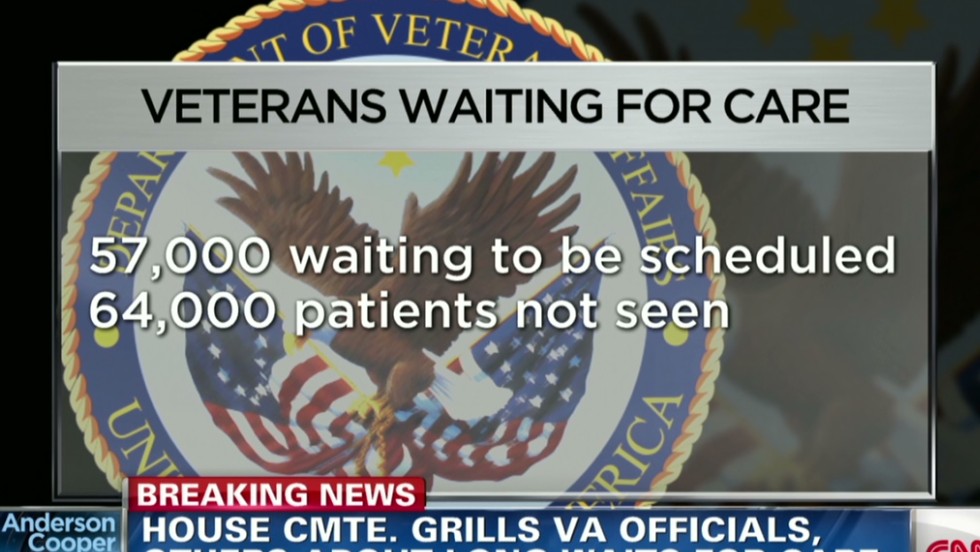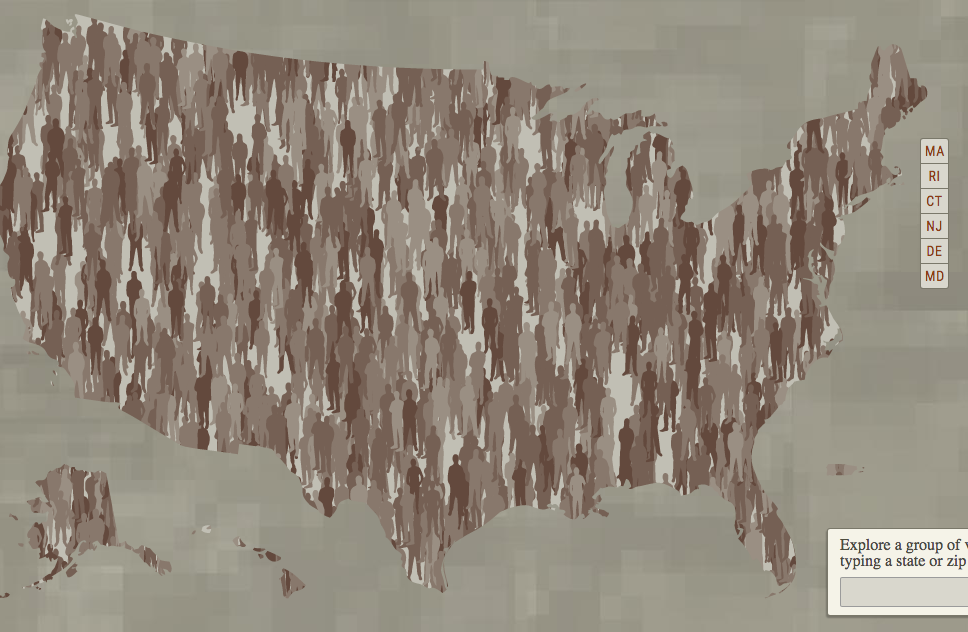Author: Renee Ho
Last week, we asked, Does the development sector need its own WikiLeaks?
Today we extend the question: do we need whistleblowers to improve the services of the U.S. Department of Veterans Affairs?
A couple years ago, the whistleblowing began in a big way.
CNN reported that U.S. veterans across the country are dying because of delays in simple diagnosis and treatment at VA hospitals. Others had waited years just to be examined. 1,000 veterans may have died in the last decade for these reasons.

The scandal led to the resignation of then Secretary of Veterans Affairs, Eric Shinseki. In his place, Robert A. McDonald –retired Chairman, President, and CEO of the massive customer goods company, Procter & Gamble — was appointed.
The first thing Secretary McDonald did was to design a veteran-centric VA. He established a VA-wide customer service organization. A Chief Customer Service Officer leads this effort and reports directly to the Secretary. The reorganization, MyVA, is meant to provide veterans with a seamless, integrated and responsive customer service experience….” He actively solicits feedback from veterans and from VA employees.
Secretary McDonald wants feedback so that the VA can address problems—before the whistleblowing.
One way that veterans are providing direct feedback is through the data tool, The Wait We Carry. The Iraq and Afghanistan Veterans of America (IAVA), an independent NGO, has created an online platform at http://www.thewaitwecarry.org that personalizes the information with a creative data visualization so the individuals don’t become mere numbers and statistics.

Secretary McDonald has sent a letter to each of the over 2000 veterans who have contributed feedback to this online platform.
He writes:
Dear Veteran:
Thank you for participating in The Wait We Carry and sharing your VA experience. We believe the department can only improve when Veterans like yourself let us know when something isn’t working.
From the feedback you provided IAVA, you indicated that your experience did not meet the highest level of service we strive for everyday. We would like to change that by looking into the specific issues you identified in the survey, and look for ways to make your next experience less stressful.
If you would like for us to follow up with you, please email us at [email protected] with the subject line “The Wait We Carry.” Our customer service specialists will connect with you to get the information they need to reach out and address your issues.
Again, thank you for your feedback and your service. We look forward to improving your VA experience.
Sincerely,
Bob McDonald
Secretary of Veterans Affairs
All of this seems a little excessive, doesn’t it? Did he really have to give out his cell phone number to reporters and veterans and urge them to call with suggestions or questions?
It seems excessive but it isn’t. While the VA is far from perfect today, Secretary McDonald has at least started to create a culture in which veterans come first and institutional mistakes are admitted. Senior-level leadership sets an example in a way that might prevent future VA employees from changing or physically altering records of dead veterans to hide mistakes.
We previously argued (using the management guru Peter Senge‘s framing) that the capacity for effective action requires a safe environment for learning– something that too few organizations are providing frontline service providers today. Senior management that creates a culture of openness and trust can help drive this “enabling environment”, one that is open to real feedback, acknowledges failure, and incentivizes continuous improvement.
So, to return to our question– is there a need for whistleblowing?
Yes, absolutely. For the VA, whistleblowing helped create a Chief Customer Service Officer. It helped start a culture of feedback.
Is there still a need for whistleblowing when there is regular feedback?
Yes, absolutely.
There are a myriad of platforms that collect “citizen voice” but the collection of this data doesn’t necessarily close the loop and force service providers– governmental or non-governmental– to change their behavior. Governments that are less open and democratic may not respond. Governments that are more open and democratic still may not respond. NGOs are private and hardly held accountable. Worse still, many are so convinced of their own benevolence that it’s difficult to get them to recognize any unwarranted conceit.
Let’s be clear: whistleblowing will not necessarily close the loop either.
But if we think that citizen feedback alone makes for democratic governance (and change), then we are naive and simplistic. Media freedom is as foundational as the right to free and open elections. Open information– largely perpetuated through the media, after all, is critical to the deliberative and participatory process of creating an informed public.







